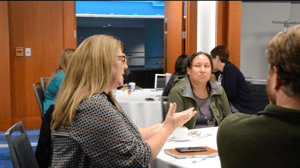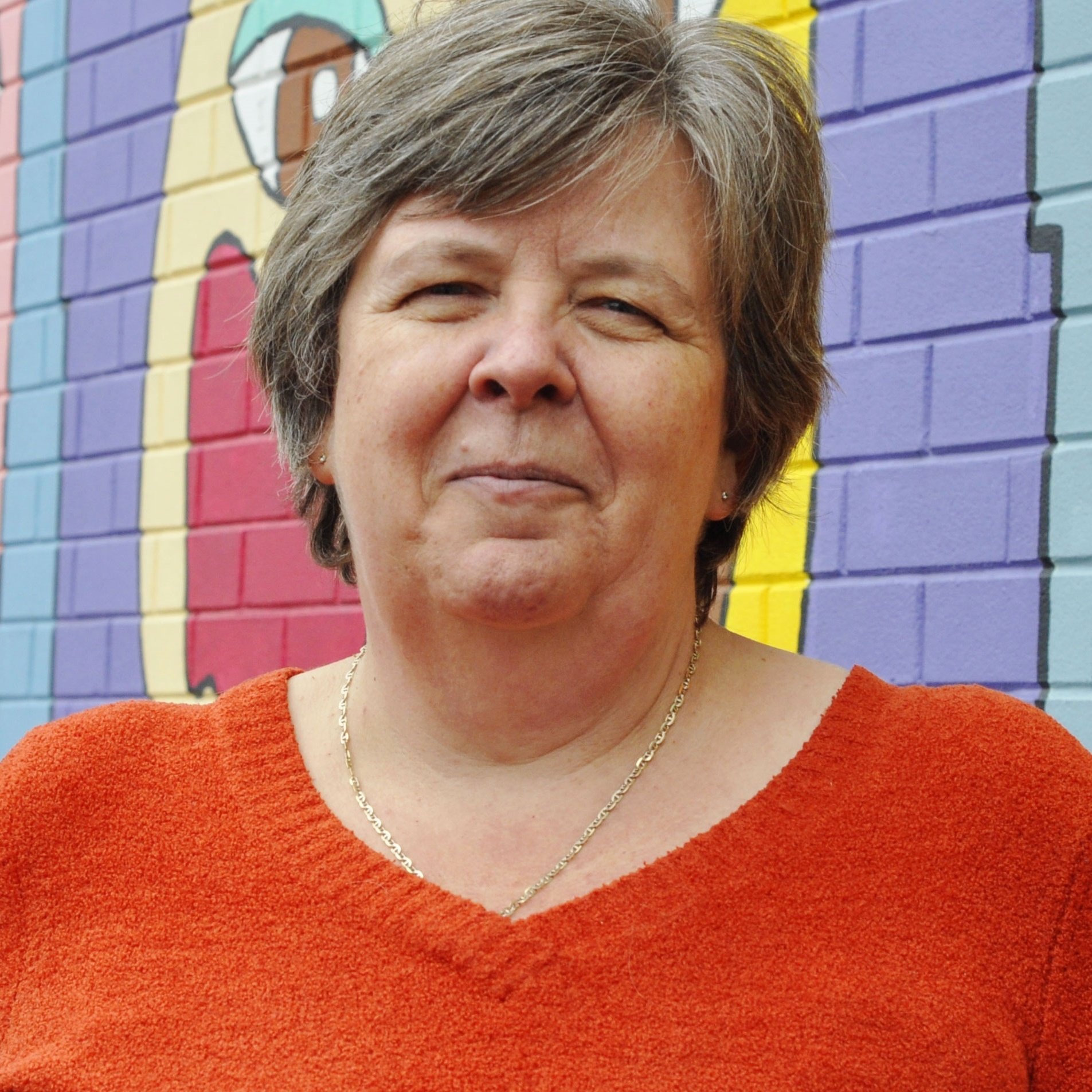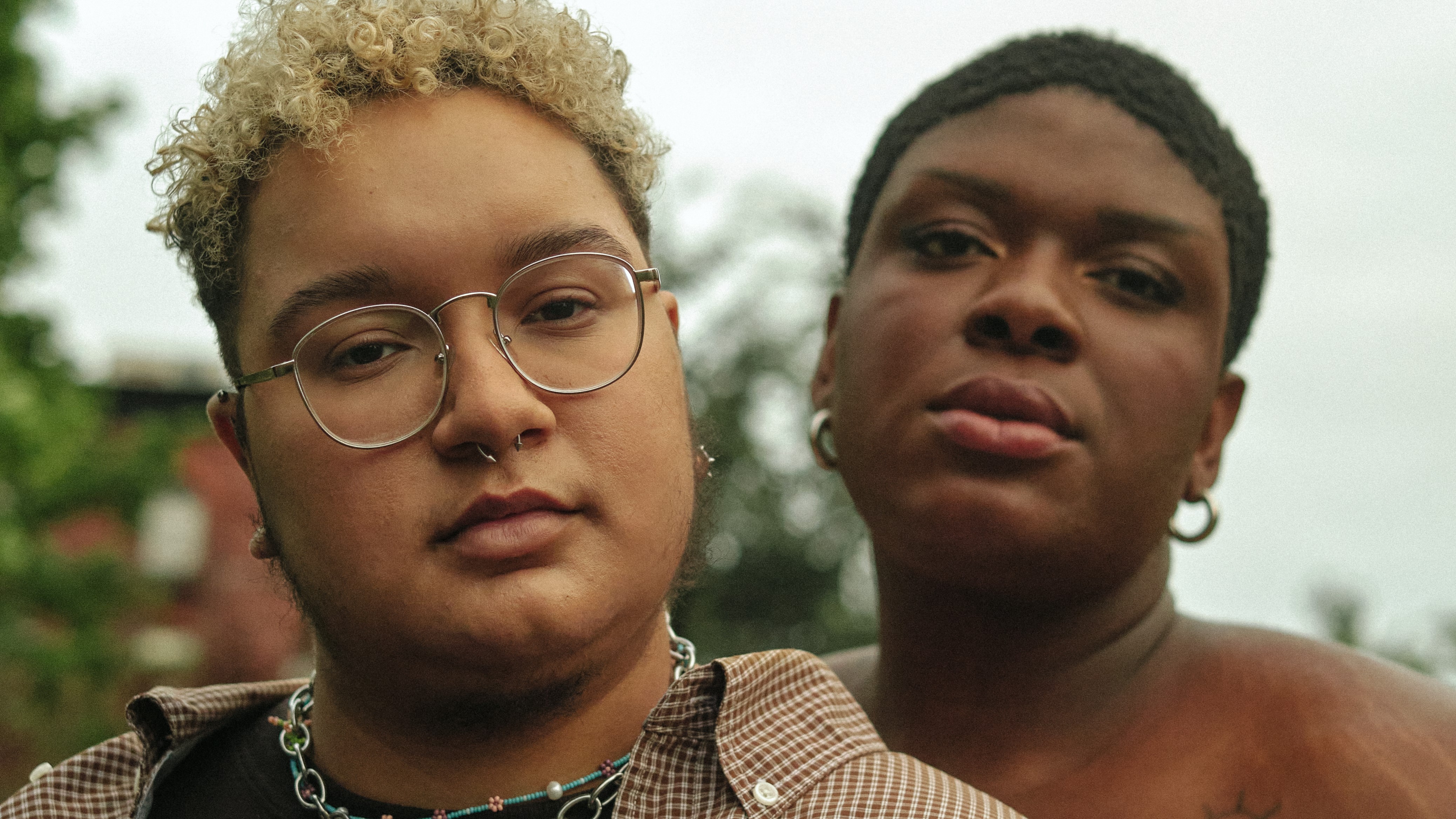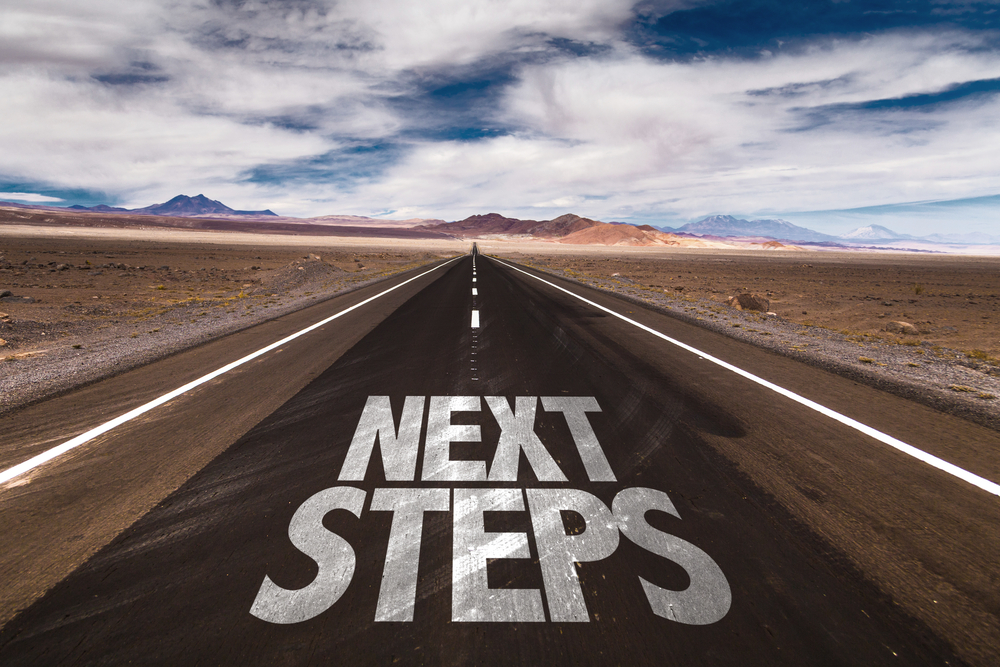 The last few months have challenged many of us working for community change. There has been a rapid succession of disruptions to organizations and communities which include responding to a pandemic; moving into virtual workspaces; and trying to support workforces during rapid changes. In some communities, these disruptions have also included climate impacts like floods and forest fires. Each of these shifts have uncovered the reality of inequity and structural racism embedded in our communities and systems.
The last few months have challenged many of us working for community change. There has been a rapid succession of disruptions to organizations and communities which include responding to a pandemic; moving into virtual workspaces; and trying to support workforces during rapid changes. In some communities, these disruptions have also included climate impacts like floods and forest fires. Each of these shifts have uncovered the reality of inequity and structural racism embedded in our communities and systems.
So often, in responding to a disruption or crisis, our natural response is to act. We quickly consider what we can do to help. This pattern has repeated itself in communities across Canada where individual citizens and organizations have risen to the challenges they are facing with immediate solutions. Across the country, care-mongering initiatives have been launched to deal with the pandemic crisis. Our colleagues at Vibrant Communities – Cities Reducing Poverty documented the quick response actions that emerged during the pandemic.
Now, four months since the beginning of pandemic lock down and as communities begin to open up again, many of us are starting to ask, what now or what next?
A group that has been asking what’s next since March is Human Systems Dynamics (HSD) Institute. They have been hosting a daily call inviting individuals to share a question about how to respond to disruptive challenges. The individual poses their dilemma or question and the peers on the call don’t respond with an answer but rather add additional questions which are designed to broaden and deepen the original question posed. This Inquiry approach, focusing only on questions, before diving into solutions, provides a platform for everyone on the call the consider the deeper elements of the original question.
The HSD inquiry calls are based on the following four principles:
- Turn judgment into curiosity
- Turn disagreement into shared exploration
- Turn defensiveness into self reflection
- Turn assumptions into questions
The practice of inquiry is very helpful in the disruptive times that we are in currently. By more deeply exploring a question or dilemma we are facing with others, we uncover unexpected dimensions that we might not have considered initially.
Another simple approach for staying in inquiry is a set of three questions that we can ask ourselves before moving forward. There are three questions are:
- WHAT: what is happening right now?
- SO WHAT: so what does this mean for us?
- NOW WHAT: Now what will I or we do next?
Liberating Structures provides detailed instructions for facilitating the What, So What, Now What process. This process involves reflecting in the current or the recent past, probing the impact of this on the organization or community and then drawing insights to develop a path forward.
Before we jump into the what’s now or what’s next, let’s practice inquiry. I am a person who is quick to provide advice. Sometimes even before the question has been fully asked, I think I have the solution. I have come to realize that complex challenges don’t lend themselves to simple solutions. The practice of inquiry can be very helpful in creating moments of pause and reflection. It can deepen our understanding and connection to the question and uncover potential paths forward by looking beyond the simple and everyday.
Learn More:





